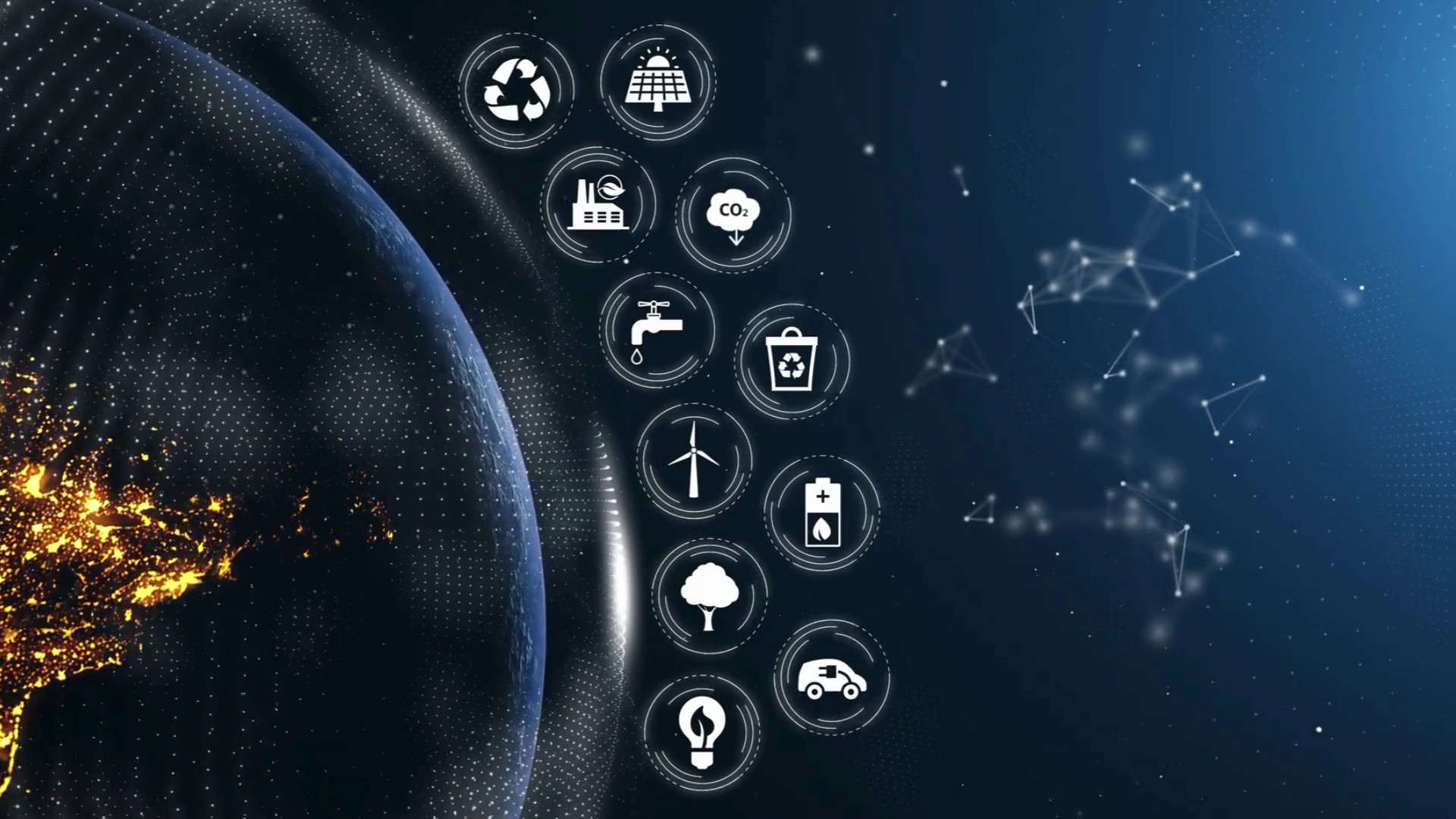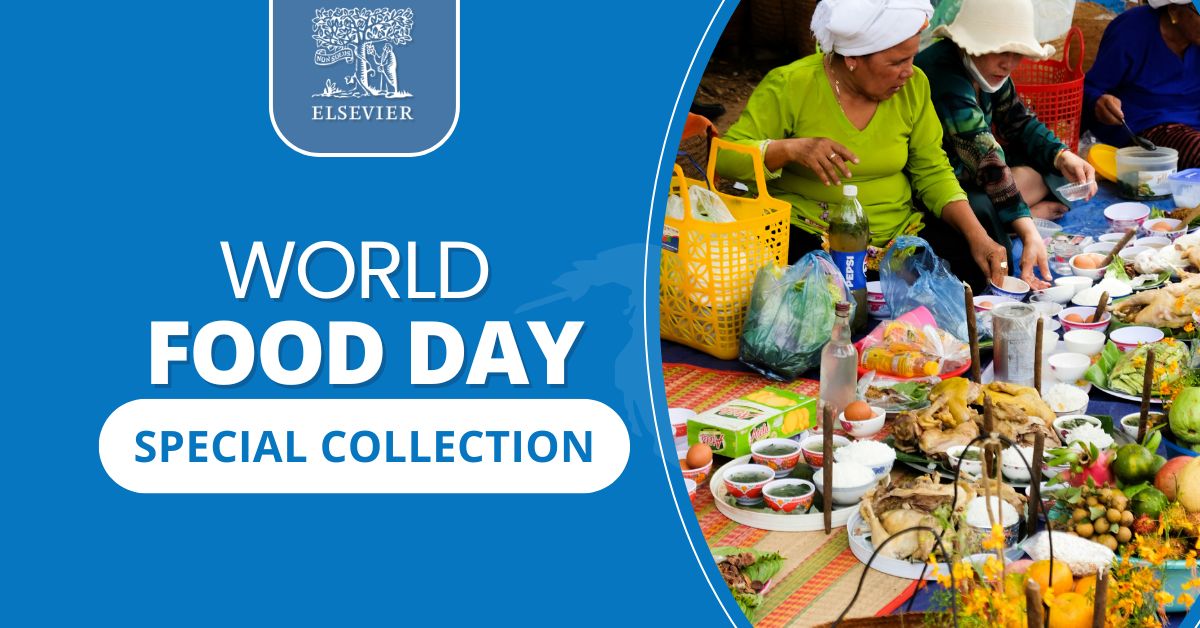Celebrated annually on October 16, World Food Day is a key global event focused on raising awareness about food security and hunger. Established by the United Nations Food and Agriculture Organization (FAO) in 1979, this day highlights the ongoing challenges of hunger, malnutrition, and the need for sustainable food systems.
Integrated Strategies for Developing Sustainable Energy Systems: From Carbon Capture to Energy System Optimization, 2026, Pages 1-12
This chapter supports UN SDG 7 (Affordable and Clean Energy) and SDG 13 (Climate Action) by introducing a comprehensive approach that integrates sustainable energy systems, carbon capture, circular economy, and sustainable development.



